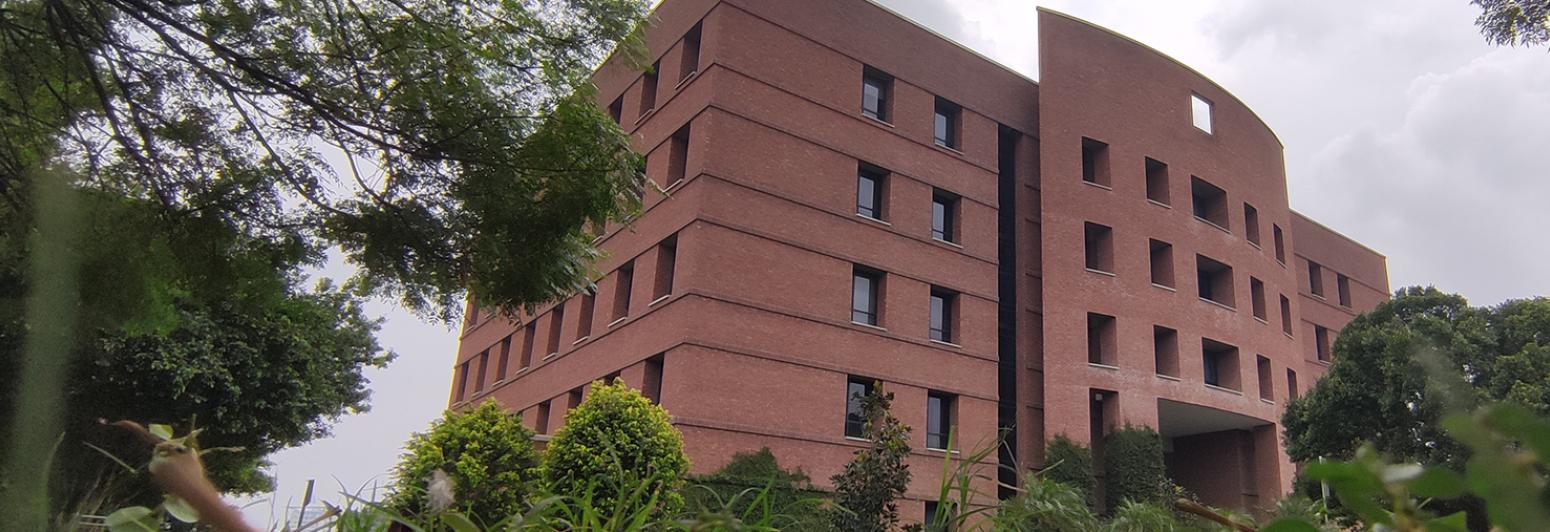
February 18, 2022
The dissertation is by Attique Ur Rehman, PhD Management candidate.
Zoom Link: https://lums-edu-pk.zoom.us/j/96722251150?pwd=S1hpRU11YnhnMm81V1grM0w0OVBrUT09
Meeting ID: 967 2225 1150
Passcode: 949634
Dissertation Defence Committee:
- Dr. Muhammad Shakeel Sadiq Jajja – Supervisor & Chair
- Dr. Ussama Yaqub - Member SDSB
- Dr. Muhammad Ghufran Ahmad – Member SDSB
- Dr. Qaisar Khan ‐ Member (LUMS)
- Dr. Mohammad Kamran Mumtaz – External Examiner (IBA-Karachi)
Abstract:
Supply chain risk management has captured considerable attention from academics and practitioners due to its dynamic nature and extreme relevance in today's ever-evolving business environment. This attention is warranted due to the high complexity of supply chain activities and environmental uncertainty. Identifying critical sources of uncertainty is essential to effective supply chain risk management (SCRM) that may include operational and disruptive challenges the firms face. SCRM calls for the deployment of various strategies and capabilities that firms develop to minimise the exposure towards supply chain risk and further enhance the firms' reactive mechanism to mitigate the impact of these risks. Extant literature has focused on identifying the sources of uncertainties that expose firms to supply chain risks. Further, literature has also highlighted the role of SCRM strategies on various dimensions of firm performance, such as financial, operational, and business performance. However, a holistic mechanism of how environmental and supply chain uncertainties expose firms towards supply chain risks and how these risks are mitigated through effective SCRM capabilities must be addressed.
This dissertation enhances the debate of SCRM in the literature in terms of conceptual and theoretical contributions. It comprises of four papers presenting conceptual, theoretical, and empirical underpinnings of environmental contexts, supply chain risks, and SCRM strategies and capabilities. The first paper uses conceptual theory building approach based on a systematic review of literature in Base-of-the-pyramid (BoP) markets. The paper theorizes the role of institutional voids towards supply chain risks and firm performance in the BoP. Established frameworks from three streams of research, i.e., institutional voids, supply chain risks, and firm performance, are selected, and a comprehensive framework is presented based on contingency analyses of key constructs.
Paper two, three, and four are empirical quantitative in nature. The second paper draws on the dynamic capability view (DCV) to theorize the role of (a) manufacturing planning and control (MPC) activities in the association between supply chain uncertainty and risk management practices and (b) SCRM practices in the association between MPC activities and operational performance. Using the data from developing countries, the paper focuses on the role of MPC activities under environmental uncertainty towards preventive and reactive SCRM. The third paper enhances the concept of SCRM capabilities deployed by firms to cope with the challenges associated with the technology-organization-environment (TOE) context. With the inception of industry 4.0, the internet of things, big data, and other digital technologies, firms have shifted their focus towards data analytics to drive capabilities, manage risks and achieve performance improvements. Using the TOE framework, the study aims to highlight the impact of the data-driven supply chain (DDSC) on SCRM capabilities of resilience and robustness. Using data from the manufacturing sector of Pakistan, the study provides empirical support to the role of TOE context towards DDSC that leads towards effective SCRM strategies and firm performance. Finally, the last paper of this dissertation adopts a strategic lens by focusing on strategic flexibility and business strategy integration towards supply chain coordination (SCC). The paper focuses on the role of SCC as an SCRM capability that firms develop to mitigate supply chain risks and enhance performance. Using Continuous Innovation Network (CInet) data from 370 manufacturing firms, it is established that firms develop strategies that fit with environmental uncertainties and help enhance SCRM capabilities and operational performance.
Overall, this dissertation focuses on various approaches to supply chain risk management adopted by firms in different environmental settings. This dissertation makes use of different environmental contexts (institutional voids, uncertainty, TOE framework) to explore the exposure of firms towards supply chain risks. Further, the dissertation discusses various antecedents of SCRM such as MPC activities, DDSC, strategic flexibility and business strategy integration. The selection of right approach helps firms manage supply chain risk effectively in terms of reactive and proactive SCRM, robustness, resilience, and SCC. This dissertation offers guidelines to academics and practitioners in terms of identifying different ways to mitigate supply chain risks in this ever-dynamic business landscape.



















